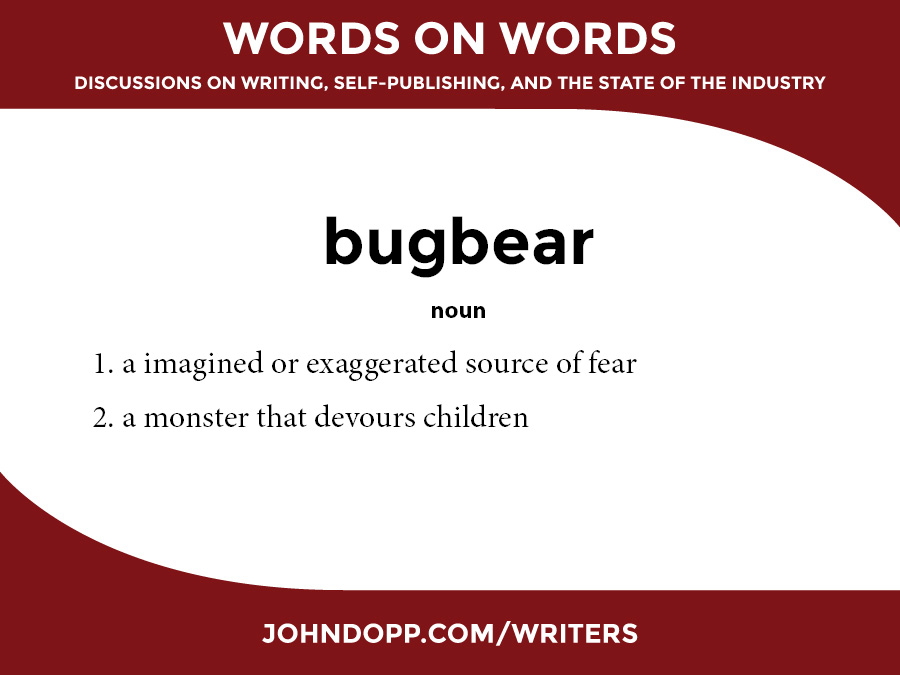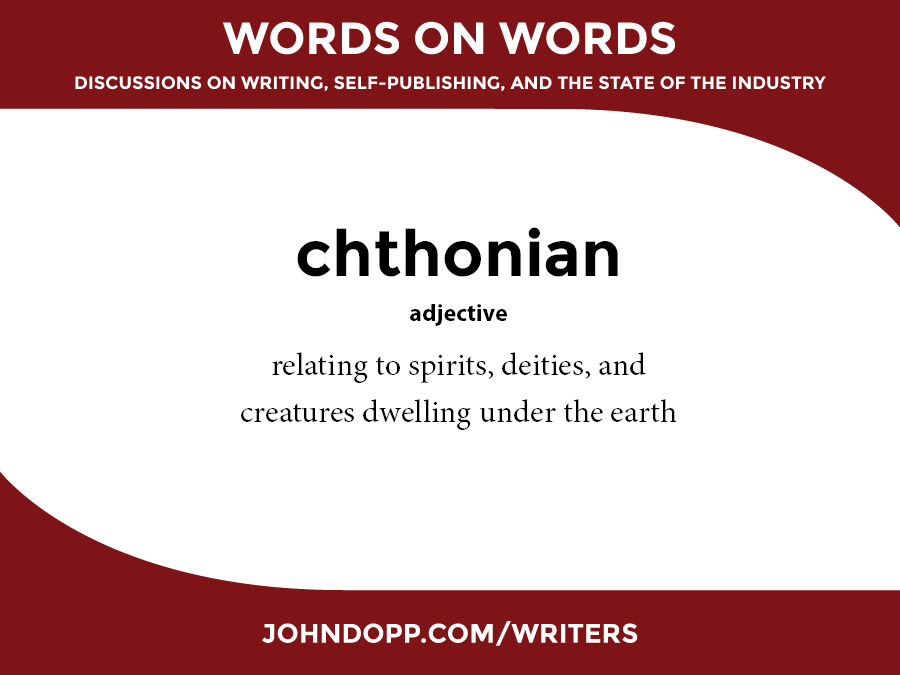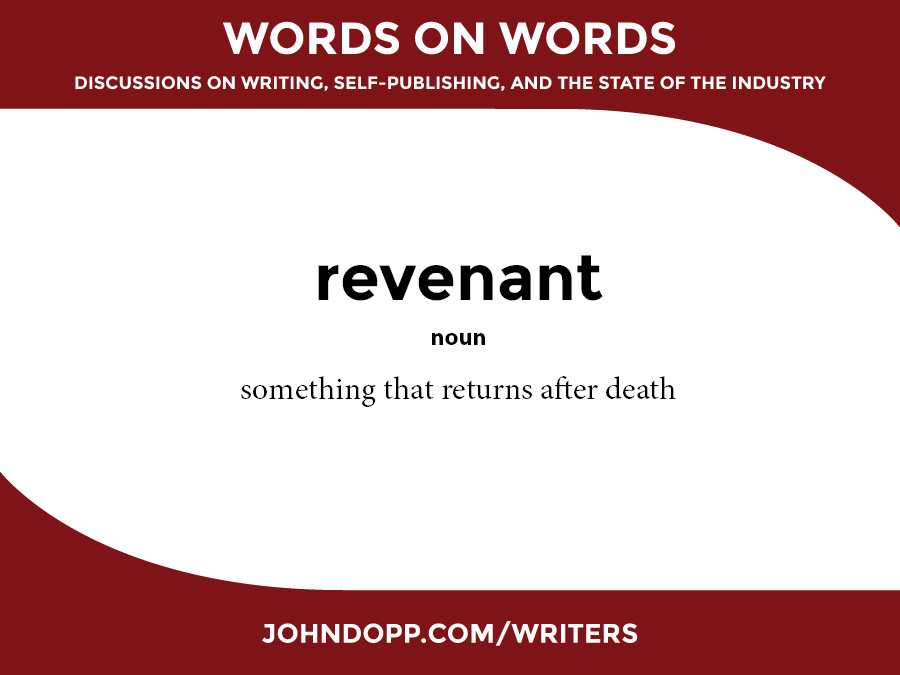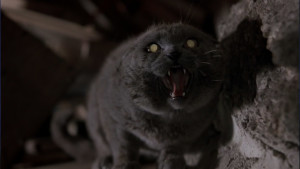Halloween is upon us!
As the ghosts and goblins circulate through the neighborhood in search of treats, it’s time to wrap up our month of terrifying terms.
The horror writer in me is tickled by a word that means both a (supposedly) imaginary fear told to frighten naughty children, and a legendary creature that devours those children. Bugbear is related to bugaboo and boogeyman, but the origins of these words are disputed. Some linguists point to a Celtic history in the Cornish word bucca, meaning “goblin”. Others reference the twelfth century French poem Aliscans, which mentions a demon named Bugibu. Still others suggest origins in the Middle English word bugge, a scarecrow or frightening thing, which may have descended from the Welsh word bwg (“boog”), a ghost or goblin.
Wherever it came from, we can sleep peacefully knowing that bugbears, boogeymen, and other bugaboos are just folklore. But sleep with your feet safely under the covers, just in case.
Chthonian (pronounced “THO-nee-an” — the “ch” is silent) is a word that conjures up Lovecraftian images of slumbering horrors beneath our feet. It comes from the Greek khthonios, which means simply “under the earth”, and was traditionally applied to the Greek and Roman deities who — unlike the lofty Olympians — lived in the depths of the underworld. Hades, Hecate, and Nyx are traditionally chthonian (or chthonic) deities.
Revenants are the stuff of ghost stories, spirits returned from the dead to issue dire warnings, haunt the living, or exact a terrible vengeance. The word comes to us from the French verb revenir, “to return”.
But the cat came back the very next day,
The cat came back, we thought he was a goner,
But the cat came back; it just couldn’t stay away, away, away…
We hope you have enjoyed our Halloween tricks and treats! Join us next week for a fresh batch of unusual and fascinating words to stretch your vocabulary.



